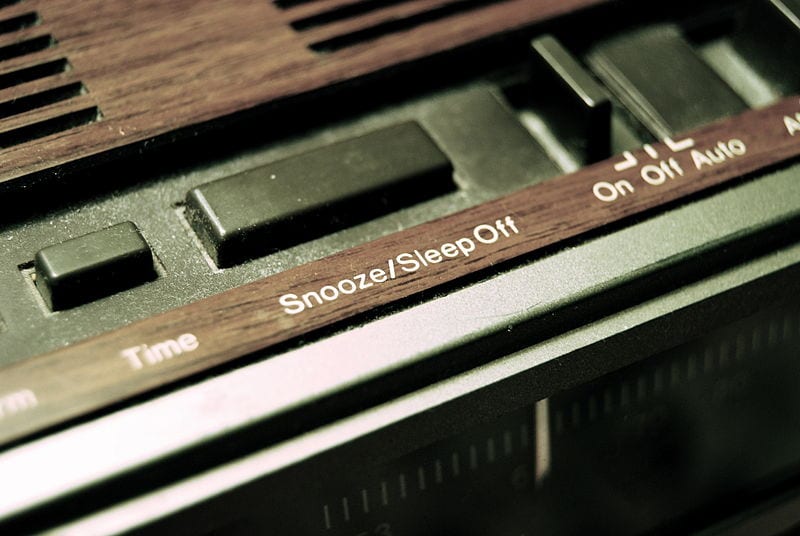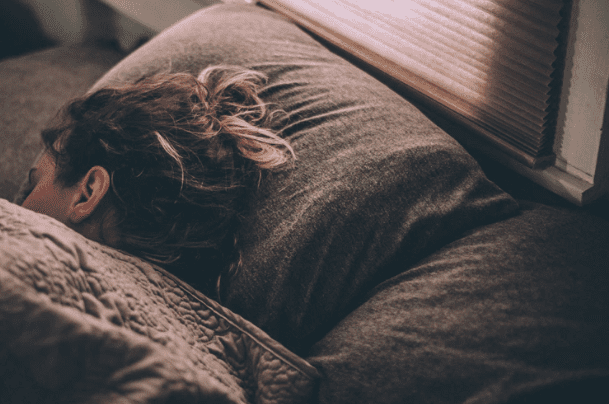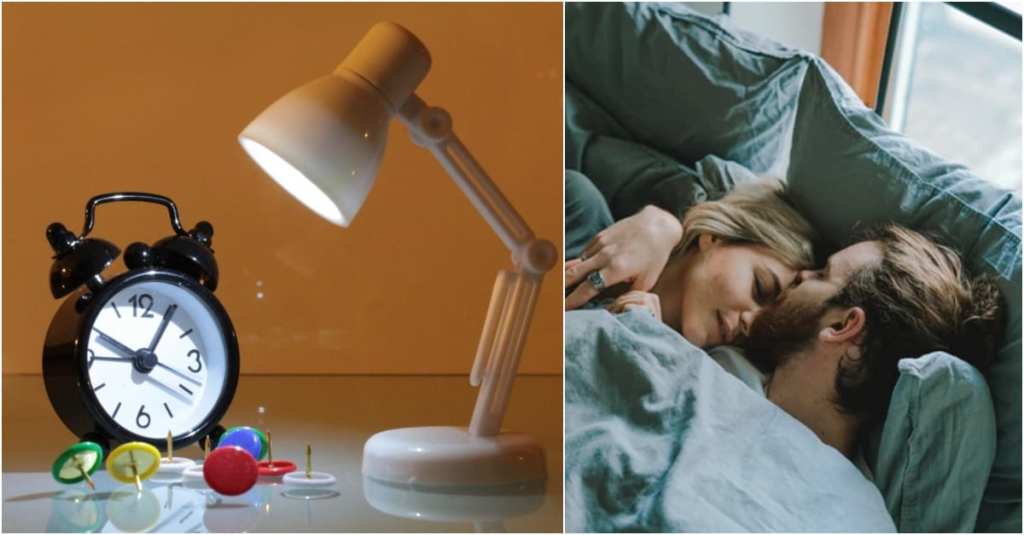Trending Now
We all do it, so there’s no use in denying it. And some of us do it waaaaay more than others. I had an old roommate who would do it for hours at a time.
I’m talking about hitting that snooze button repeatedly before you finally drag your lazy ass out of bed.
I’m usually a two-timer. Two snoozes and then I jump out of the sack.
Here is everything you need to know: the good, the bad, and the ugly info about those snooze buttons on our alarm clocks.

Photo Credit: Wikimedia Commons
Believe it or not, alarm clocks date all the way back to the 4th century BC when the philosopher Plato had a water-based alarm clock that woke him and his students. Much later, in the 14th century, monks built the first mechanical clocks, and for centuries after that, clock towers chimed in town squares to let citizens know it was time to get up and work. Even Leonardo da Vinci made plans for a clock with an alarm.
Fast forward – the first known American clock specifically built with an alarm function was created by a man named Levi Hutchins in the 1780s, but he never made it a commercial product. It would be another hundred years, in 1876, before the first patent for an alarm clock was filed by Seth E. Thomas.
The first alarm clock with a snooze button hit the market in the 1950s by General Electric-Telechron. From then, the nine-minute snooze became the standard – but why? The story goes that the snooze button had to be fit in with the mechanical gears of existing alarm clocks and having a single-digit number made for a more logical solution. Another reason is that nine minutes was determined to be a good time period for a brief rest, so people wouldn’t fall back into deep sleep again…and again and again. It appears that nine minutes is still the standard number basically because it’s worked so well for so many years.
A study shows that out of 20,000 people surveyed, 50% hit the snooze button once when waking up, and 15% use it three or more times.

Photo Credit: Unsplash, Gregory Pappas
But is using that snooze button good for you? One expert gives a definitive “no”, and says that the repeated snooze cycle causes our blood pressure and heart rates to spike – in effect, you are abusing your nervous system.
For those of you looking to get away from the never-ending snooze cycle, there are alternatives, such as “sunrise alarm clocks” or gradual wake-up lights that give you a more natural rising experience – for most of the time people have been around, we woke up with the sun. There are also various apps for Apple watches and Fitbits wake you gently with vibrations.
Okay, time to get nine more minutes of shut-eye.






